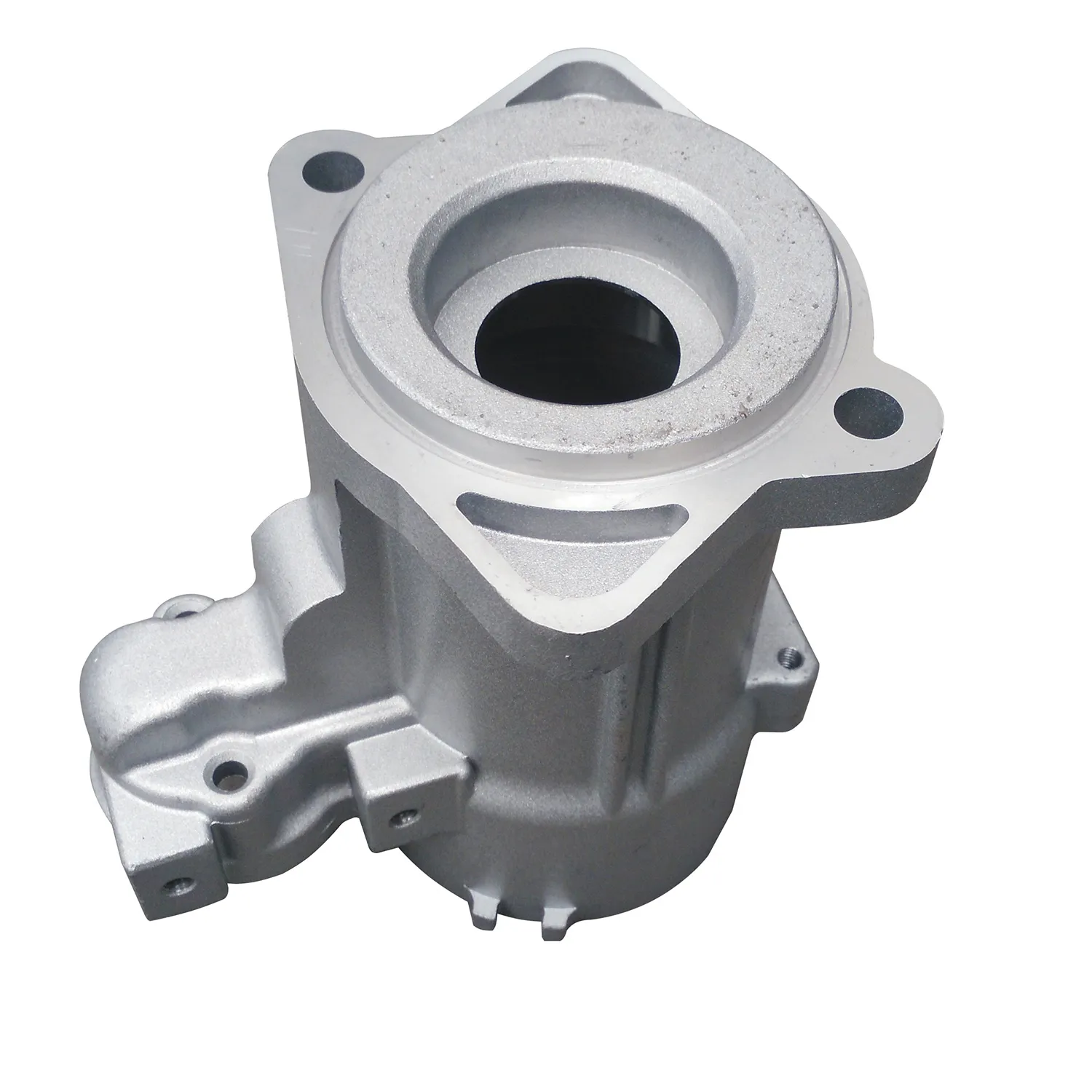Mobile:+86-311-808-126-83
Email:info@ydcastings.com
metal impeller
The Importance of Metal Impellers in Modern Engineering
In the realm of modern engineering, metal impellers serve as crucial components in various applications, particularly in fluid dynamics and mechanical systems. These devices are specifically designed to convert rotational energy from a motor into fluid flow, playing vital roles in pumps, compressors, and turbines. The significance of metal impellers can be attributed to their efficiency, durability, and the advances in metal materials and manufacturing processes that enhance their performance.
Understanding Metal Impellers
An impeller is a rotating component that propels fluid through an enclosed system. Metal impellers are typically constructed from materials such as stainless steel, aluminum, and various alloys, chosen for their strength, corrosion resistance, and ability to withstand high temperatures and pressures. The choice of metal affects not only the impeller's longevity but also its operational efficiency and effectiveness in performing its intended function.
The design of metal impellers can vary widely, depending on the application. For instance, centrifugal impellers have curved vanes that allow for the smooth, continuous motion of fluid, which is essential in applications like water pumps and HVAC systems. On the other hand, axial impellers are designed to move fluid parallel to the shaft, commonly seen in aircraft engines and wind turbines. The efficiency of these designs can significantly influence the overall performance and energy consumption of the machinery.
Advantages of Metal Impellers
One of the primary advantages of metal impellers is their robustness. Metal construction allows these components to endure high operational stresses without deformation or failure. This durability ensures a longer service life and reduces the need for frequent maintenance or replacement, thus maximizing operational efficiency in fluid systems.
Another significant advantage is their resistance to corrosion and wear. In many industrial applications, impellers are exposed to aggressive fluids that can lead to significant degradation over time. Stainless steel, for example, contains chromium, which forms a protective layer against oxidation and corrosion. This characteristic is particularly important in industries such as chemical processing and wastewater treatment, where impellers are constantly in contact with harsh substances.
metal impeller

Metal impellers also contribute to high-performance applications. The precision manufacturing techniques, such as CNC machining and casting, allow for intricate designs that optimize fluid flow and improve impeller efficiency. Advanced computational fluid dynamics (CFD) simulations can further refine these designs, ensuring that the impellers can achieve the desired flow rates with minimal energy consumption.
Applications
Metal impellers are found across a wide array of applications. In the automotive industry, they are utilized in turbochargers to enhance engine efficiency and power output. In refrigeration and air conditioning, metal impellers facilitate heat exchange and fluid circulation, ensuring effective cooling. Additionally, in the marine industry, propellers, a type of impeller, move vessels through water, demonstrating their fundamental role in transportation.
Challenges and Innovations
Despite their numerous advantages, the production and use of metal impellers are not without challenges. Issues such as clashing metal types can lead to galvanic corrosion, complicating the selection of materials. Moreover, as environmental concerns grow, engineers are increasingly tasked with creating more efficient machines that produce lower emissions, making the design and material choice of impellers even more critical.
An area of innovation lies in the development of composite materials that may combine the best features of both metal and non-metal components. Research into 3D printing technologies has also opened new avenues for the design and production of impellers, allowing for more complex geometries that were previously unattainable.
Conclusion
In conclusion, metal impellers are integral to many mechanical systems that rely on fluid movement. Their durability, efficiency, and adaptability make them ideal for various applications, from industrial machinery to aerospace technology. As engineering continues to evolve, the ongoing innovation in the design and materials of metal impellers will undoubtedly lead to even greater advancements in performance and sustainability in the field. As industries seek ways to optimize their systems and reduce environmental impact, the role of metal impellers will remain pivotal in shaping the future of engineering.
-
Why Should You Invest in Superior Pump Castings for Your Equipment?NewsJun.09,2025
-
Unlock Performance Potential with Stainless Impellers and Aluminum End CapsNewsJun.09,2025
-
Revolutionize Your Machinery with Superior Cast Iron and Aluminum ComponentsNewsJun.09,2025
-
Revolutionize Fluid Dynamics with Premium Pump ComponentsNewsJun.09,2025
-
Optimizing Industrial Systems with Essential Valve ComponentsNewsJun.09,2025
-
Elevate Grid Efficiency with High-Precision Power CastingsNewsJun.09,2025











